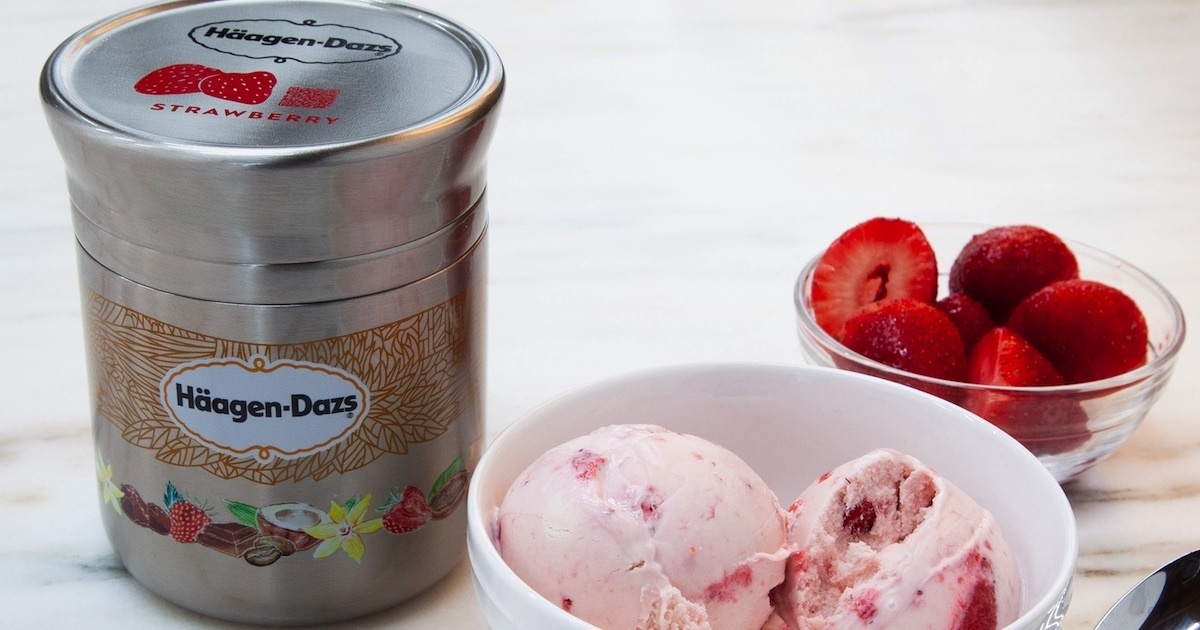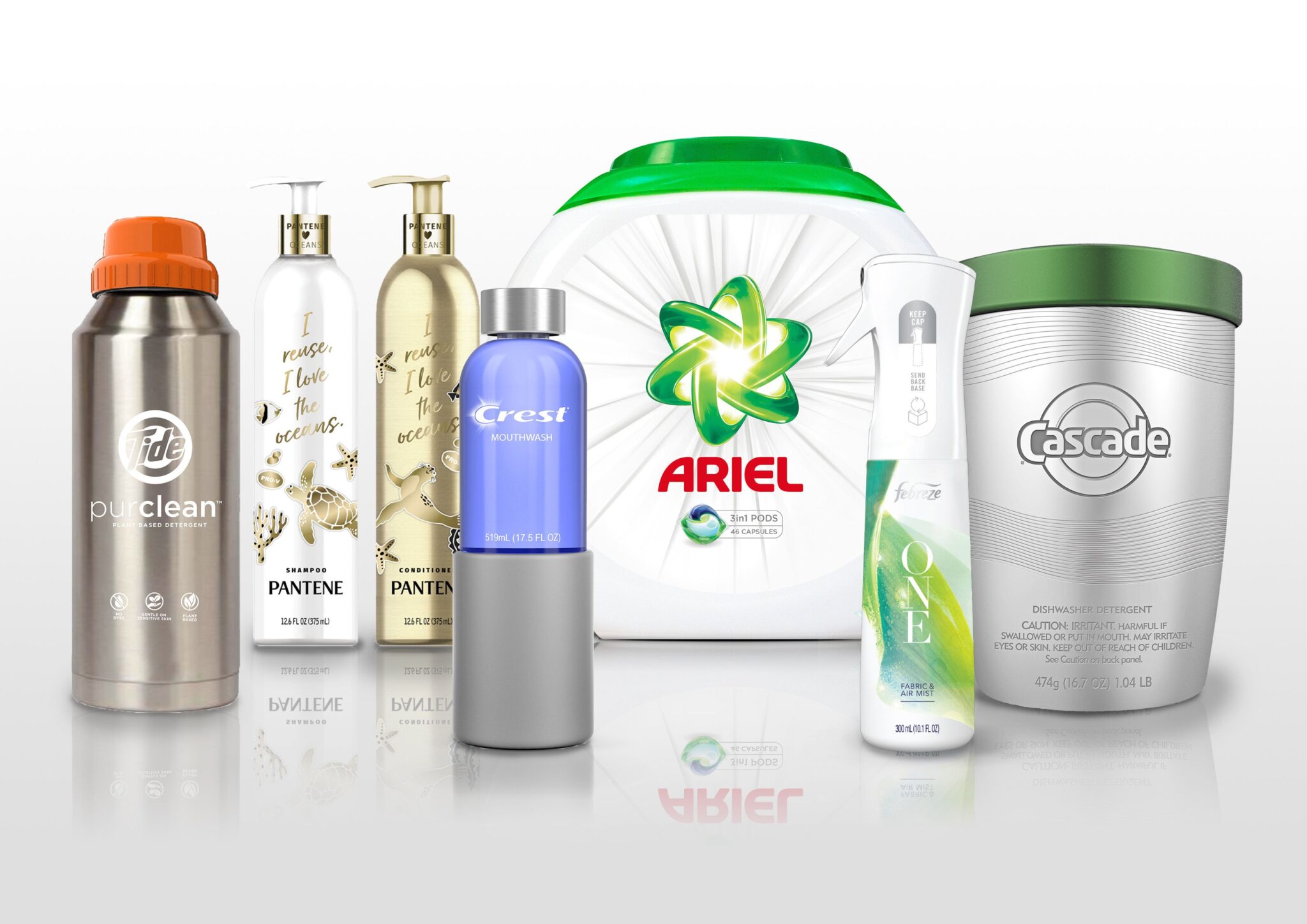

Beach
cleanups around the world show that the biggest brands are the biggest producers of plastic trash.
Facing mounting public pressure to curb their environmental footprints, some of the world’s largest food, beverage and consumer goods companies have partnered with recycling giant
TerraCycle to launch an ambitious e-commerce platform to tackle single-use waste: Loop.
The program—a modern spin on the classic milkman model—was unveiled this week at the World Economic Forum in Davos.
Here’s how it works. Goods such as Pantene shampoo, Tropicana orange juice and Häagen-Dazs ice cream come in sturdy, reusable glass bottles or stainless steel containers. Instead of throwing away the packaging once you’re through with them, drop the empties into a shipping tote and schedule a pick-up from your home. The items are then collected, cleaned, refilled and returned in a shipping tote for reuse.
Introducing #Loop, a first-of-its-kind shopping system where you can experience your favorite products in durable packaging, moving away from disposability and single use waste. pic.twitter.com/Aac72PSOZp
— Loop (@ChooseLoop) January 24, 2019
The idea is to eliminate packaging waste and to “greatly improve the product experience and the convenience in how we shop,” as TerraCycle CEO Tom Szaky said in a
press release.
“Through Loop, consumers will be able to responsibly consume products in specially-designed durable, reusable or fully recyclable packaging,” he added.
Partners include Procter & Gamble, Nestlé, PepsiCo, Unilever, Mars Petcare, The Clorox Company, The Body Shop, Coca-Cola, Mondelēz, Danone and other firms.
Procter & Gamble introduces reusable, refillable packaging for some of its most popular products.
The service will launch in May with projects in Paris and the New York/New Jersey/Pennsylvania area, followed by a UK program in 2019, and then Toronto, Tokyo and California in the following year, according to
Reuters.
Other launch partners include shipper United Parcel Service and European retailers Carrefour and Tesco Plc.
Recycling was once touted as one of the “three Rs” of preventing waste. But
recycling is not the answer to our waste problem, and China’s ban on foreign recyclables has left many countries including the U.S. with growing stockpiles of trash. It’s clear we have to think outside our blue recycling bin.
“We realized that recycling and using recycled content is about trying to do the best you can with waste, but it’s not solving the foundational reason we have waste,” Szaky told
GreenBiz. “We did a lot of reflection on that and realized that the foundational cause of garbage is disposability and single-use. We tried to come up with a way to solve for disposability but maintain the virtues of disposability, which are convenience and affordability.”
Another step on our journey to build a world where plastics need never become waste, announced at @wef: Starting this May in Paris, customers will be able to order #Tropicana & #Quaker Cruesli in reusable, refillable packaging through Loop™ @TerraCycle: https://t.co/Fu1qbNbfJK pic.twitter.com/gZowke6neo
— PepsiCo (@PepsiCo) January 24, 2019

 233k
233k  41k
41k  Subscribe
Subscribe 
